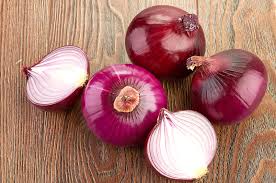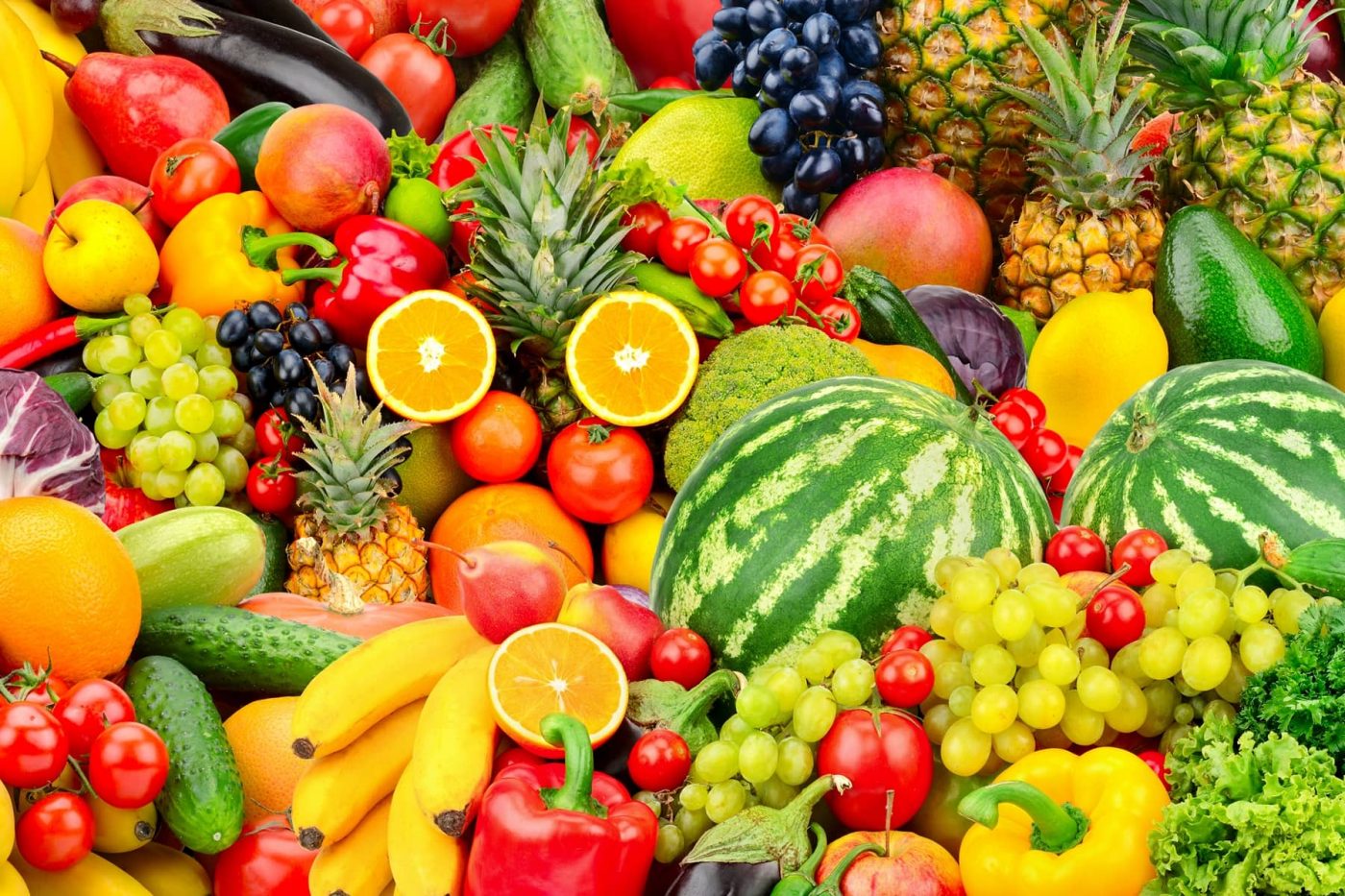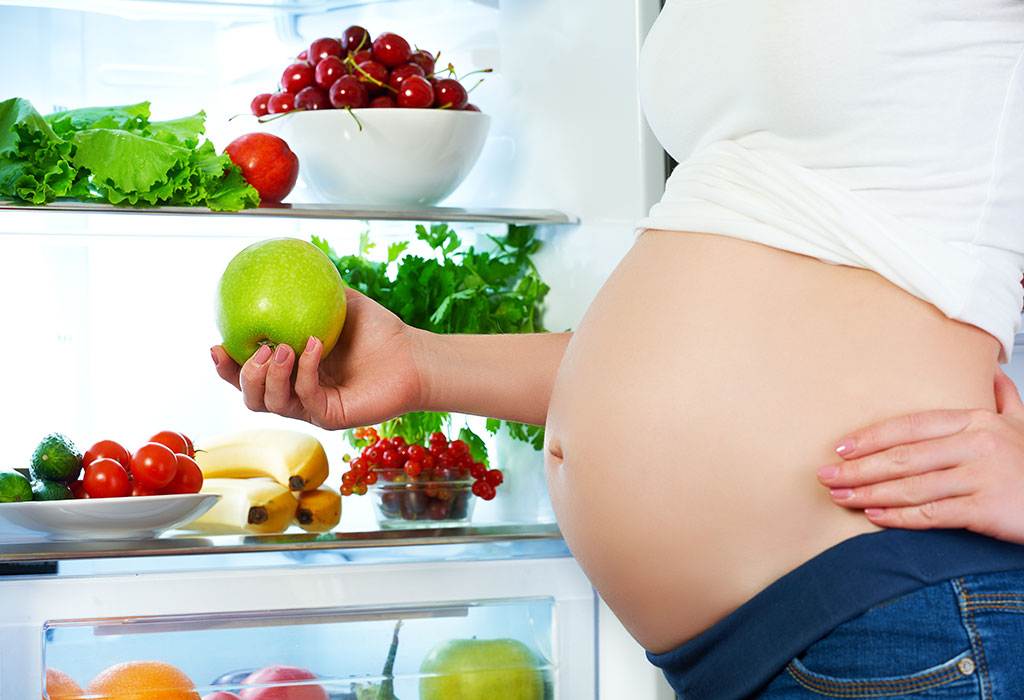
Diabetes is a condition that affects the body's ability to process blood sugar normally, leading to an excess of glucose in the blood. There are two different types of diabetes - Type-1 diabetes and Type-2 diabetes. While the former is a result of the pancreas producing little or no insulin, the latter is a lifestyle disorder, resulting from the body becoming insulin resistant. Diabetes affects millions of people in India every year and common symptoms of the condition include frequent thirst, frequent urge to urinate, fatigue and hunger and even blurred vision in some cases. Diabetics need to be very careful about what they eat on a daily and even hourly basis. Diabetics need to be extra careful of their diet. They should include food that is high on fibre content. Fibre enables slow release of sugar in the bloodstream that prevents abnormal spikes.
There are certain foods and drinks that people can include in their diet to regulate their levels of blood sugar and onion is one of them. The vegetable may prove to be beneficial for diabetics, especially during summers.
Benefit Of Onion For Summers
Onion is an indispensable part of the Indian cuisine. It's used in preparing almost every curry and rice dish, and is a common part of sides and accompaniments like chutneys, salads etc. Onion also comes with a number of health benefits, including boosting skin and hair health, as well as protecting the body against symptoms of heat stroke. Red onions, which are the most common onions used across the Indian subcontinent, are rich in the compound quercetin, which is a flavonoid and which is said have anti-histamine properties. This means that it stops the release of allergen histamine from cells. It may, therefore, help prevent rashes due to heat on the skin. It also helps in preventing allergies and fights inflammation in the body.
Benefit Of Onion For Diabetes
Onion or onion juice may be consumed during summers to fight adverse impacts of the heat, as well as to regulate levels of blood sugar. A recently published review of studies on the impact of quercetin has indicated that the compound may help diabetics. The review that was published in the journal Phytopherapy Research said that daily consumption of quercetin supplements in dosage 500 mg or above for eight weeks, lowered blood glucose levels in metabolic syndrome patients. The participants were at a high risk of developing diabetes. Other than that, the juice from onions is also recommended for consumption as well as external use during summers, to treat heat stroke and soothe sun burns, respectively.
Another study conducted on rats concluded that diets containing 5 percent onion extracts for a period of 28 days were able to decrease fasting blood glucose levels. These anti-diabetic effects of red onions come from the presence of both quercetin and sulphur compounds in it.
Include red onions in your salads, sandwiches, savoury porridges, brown rice dishes etc. to reap the benefits of the vegetable. Pregnant women may be advised to stay away from excessive consumption of too much onion. In case of food allergies or chronic illnesses, it is advised to consult your dietitian or physician before adding any food to your diabetes diet.
Nutritional Composition of Raw Onions
One cup of chopped onion contains approximately:
- 64 calories
- 15 grams of carbohydrate
- 0 grams of fat
- 3 grams of fibre
- 2 grams of protein
- 0 grams of cholesterol
- 7 grams of sugar
- 10% or more of the daily value for vitamin C, vitamin B-6 and manganese.
- They also contain small amounts of calcium, iron, folate, magnesium, phosphorus and potassium and the antioxidants quercetin and sulfur.

Diabetes is emerging to be one of the most prevalent health conditions around the world. According to a study, around 98 million Indians are at risk of developing diabetes by the year 2030. Diabetics need to be very cautious with what they include in their diet. While we know that junk food, processed food, and sugary goods can cause immense blood sugar fluctuations, but did you know that some of the healthiest fruits too could take your blood sugar levels for a toss. You must have heard of starchy and non-starchy foods. If you are a diabetic, you must know about the carb content of the fruits that you're eating. Here are some tips you should know about if you are planning to include different types of fruits in your diabetes diet.
1. Go for fruits with low glycemic index: The glycemic index (GI) is a relative ranking of carbohydrate in foods according to how they affect blood glucose levels. Eating high glycemic index foods tend to spike your blood glucose levels. On the other hand, consuming foods that have low GI index enables slow release of sugar in the bloodstream. Fruits like guavas, apples, pears, and grapefruit are all low glycemic fruits you can have in moderation.
2. Do not go for overripe fruits: Overripe fruits tend to be much denser in sugar than the raw or perfectly ripe ones. Therefore, it is best to avoid them if you are a diabetic.
3. Some healthy fruits can also prove to be risky: Fruits are indeed a healthy addition to any diet, but sometimes even the healthiest of fruits could cause an upsurge in blood sugar levels. Fruits like melons, watermelons, mangoes and chikoo are packed with healthful nutrients and antioxidants, but diabetics need to be very careful with these fruits as they also have high natural sugar content. If you like to snack on these fruits, make sure you balance them well with low-carb, low-sugar fruits and nuts too.
4. Do not juice your fruits: It is best to eat your fruits whole. It is a good way to ensure that all good fibres are going inside your body. Fibres take the longest time to digest; since they take a while to breakdown and metabolise, fibre tends to prevent sugar spikes. If you juice your fruits, you lose out on a considerable amount of fibres. It is also a wise idea to avoid market-based juices as they are often concentrated with sugar and artificial sweeteners.
5. Try to have fruits with their peel on: Fruit peels contain a significant chunk of fibres; hence, you should try to have fruits with their peel on, whenever and wherever you can. For instance, apples, pears, guava, plums should be consumed without peeling.
6. Diabetics should not have dried fruits like raisins, prunes, dried peaches. According to consultant nutritionist Dr. Rupali Datta, "One should ideally avoid dry fruits as they are concentrated versions of fresh fruits. Naturally then, in these concentrated forms, everything goes up. The sugar levels, the glycemic index."
Take note of these points, and if you happen to see any abnormal fluctuations in your blood sugar levels, consult an expert.

Diabetes is a metabolic disorder in which our body’s use of food for production of energy is affected. Most of the food we eat is carbohydrates, and this is broken down by the digestive juices into a simple sugar called glucose. Glucose is the main source of energy for the body. After digestion, the glucose passes into our bloodstream where it is available for body cells to use for growth and energy. Insulin, a hormone produced by the pancreas, facilitates the entry of glucose into our cells. When we eat, the pancreas is supposed to produce the right amount of insulin to move the glucose from our blood into our cells. In diabetics, the pancreas either produces little or no insulin, or the body cells do not respond to the insulin that is produced. Due to this, glucose levels rise in the blood, floods into the urine and passes out of the body, making the body lose its main source of fuel.
Most diseases are surrounded by a number of myths. This stems basically from ignorance or lack of proper information. Similarly, diabetes too has given rise to a number of imaginary beliefs.
Myth: Eating too much sugar causes diabetes.
Fact: There is no proof that sugar is the main cause behind diabetes. Diabetes is more related to family history, wrong eating habits and little or no physical activity.
Myth: Healthy foods don't raise blood sugar.
Fact: The fact is that all foods provide carbohydrates. And if there is enough insulin present in the body naturally or provided by injections, it will utilise the carbohydrates and consequently the blood sugar will not rise. However, if your body is producing less insulin or not utilising it sufficiently, then blood sugar is bound to rise even if you eat healthy foods.
Myth: Only medical treatment can control diabetes.
Fact: Diabetes is a disease that requires dietary intervention along with medical treatment. Medications are only a part of the cure. What is also needed is a healthy lifestyle behaviour that will allow the medication to work more effectively. This comes with a healthy, well balanced diet as well as a regular exercise routine.
Myth: Diabetics have to eat special foods.
Fact: Diabetics can eat the same food as non-diabetics, but in moderation.
Myth: No diet modification is required, if external insulin is being administered.
Fact: Insulin is not replacing a meal plan or involvement in any physical activity. Thus diet modification is needed, irrespective of whether insulin is being given or not.
Myth: Exercises are of no help in diabetes.
Fact: Exercise helps the pancreas to secrete more insulin, while at the same time, keeps the stress levels under control. Both these factors help to keep the blood sugar under control.
Myth: People with diabetes can eat any number of sugar free products
Fact: Sugar free does not mean calorie free. It is advisable to keep a check on the calorie product of the food, before consuming it. This way the total calorie intake can be kept under control and will further help in keeping a check on the blood sugar.
Myth : I don't have a family history of diabetes, so I won't get it.
Fact: Some people are born with a greater chance of developing diabetes than others. However, plenty of people diagnosed with the disease don't have a family history of diabetes. Your weight and lifestyle can be factors in whether you develop diabetes.
Myth: The strain and stress of everyday life is not related to diabetes.
Fact: The fact is that everyday stresses, as well as emotional and crisis situation can play a role in raising the blood sugar. Hence people with diabetes should take time out to relax and keep their stress levels under control.
A proper understanding of any disease means having a thorough knowledge about the disease, its causes and effects. That is why it is mandatory for all diabetics to be well informed and to be able to separate the myths from the facts.

Gestational diabetes is a kind of diabetes that happens during pregnancy. Diabetes is referred to a condition where your blood glucose or blood sugar is very high. Although, glucose is good as it used by your body for energy, but excessive glucose in your blood can be harmful for both you and your child. Gestational diabetes is mostly diagnosed in the later stages of pregnancy. If gestational diabetes is diagnosed in the early stages of pregnancy, then it is quite possible that you may have had diabetes before you became pregnant. Treating gestational diabetes can help both you and your baby stay fit and healthy. You can protect both, yourself and your baby by controlling your blood glucose levels.
Problems with gestational diabetes in first 3 months prem can lead to abortion or congenital authorities in baby. Mid trimester abortions, urinary and vagina infection can occur. Preeclampsia , chorioamnionitis also possible. In 3rd trimester preterm Labour, intrauterine death, large baby or small for dates can happen. Neonatal hypoxia, respiratory distress are common. So it has to be controlled strictly throughout pregnancy with diet, exercise and medicines.
Here are 7 things that you need to know about Gestational diabetes:
Every three to eight out of 100 ladies tend to develop diabetes during pregnancy, a condition known as gestational diabetes. Fortunately, it can be dealt with and even kept away by maintaining healthy lifestyle choices. Eating leafy foods and avoiding sugar-rich things, is a vital step for both control and counteractive action. Exercise, after consulting your doctor can guarantee that you have a healthy pregnancy.
In diabetes, when your body's glucose or sugar levels get so high that the carbohydrates and sugars cannot be converted into energy, the excess starts accumulating in your body. This additional glucose can harm the vessels in your kidneys and all through your body, particularly in organs like eyes.
Two or three factors might cause danger for creating gestational diabetes, both inside and outside of your control. If you are overweight before you get pregnant or while you are pregnant or your family history shows that you are hereditarily inclined to the sickness, you will probably build up the condition.
nsulin goes. Your specialist may prescribe that you require diabetic pills or insulin to help you control your glucose levels.
Your weight can bring about complexities during the delivery in case of gestational diabetes. So it is best to keep your weight in check in order to have a smooth sailing pregnancy and delivery.
Gestational diabetes can likewise put ladies at risk of contracting preeclampsia, which can bring about a number of side effects and complexities. Side effects brought on may start from swollen feet, legs, fingers, and hands to hypertension and even seizures or strokes.
Apart from the risks of having gestational diabetes during your pregnancy, it might affect the child later on. Your baby may have a higher danger of obesity as it develops, both in the teenage years and youth. Youngsters who are overweight may suffer from type 2 diabetes in the long run.
Diuretics are substances that allow the body to get rid of excess water and sodium. They help in draining out the water by stimulating the kidneys and eliminate sodium from the urine thus, facilitating drainage of excess water. Diuretics are prescribed by the doctor when the body starts to retain excessive fluids.
The conditions that lead to problems such as:
1. High blood pressure: This is a disorder wherein the blood exerts more than the normal force (pressure) against the arterial walls while flowing through them.
2. Diabetes: It is a metabolic disorder wherein the blood sugar level rises significantly.
3. Kidney stones: Kidney stones refer to the formation of stones in the kidneys that can hamper the normal functioning of the kidney, leading to fluid retention in the body.
4. Edema: A disorder wherein parts of the body tend to swell due to inflammation is called ‘edema’.
5. Impaired functioning of the kidney: Impaired functioning of the kidneys makes it very difficult to flush out the excess sodium from the body thus, leading to fluid retention.
There are certain natural diuretics, which can come to your aid in times such as these. Read on to know more:
1. Parsley: Parsley, a very effective diuretic, is an herb that is commonly used for garnishing. It can also help in relieving bladder problems.
2. Black and green tea: Both green and black variants of the humble tea are very effective diuretics; you can enjoy them after a heavy meal to get rid of the bloating.
3. Hawthorn: A type of natural diuretic that is effective in reducing fluid accumulation and increasing urinary excretion. It also helps in treating problems of the kidney.
4. Juniper: A diuretic that has been used since ancient times. Juniper is very effective in removing excess salt and fluids from the body. The advantage of this plant is that it does not lower downs the level of potassium in the body, a side effect of other diuretics.









